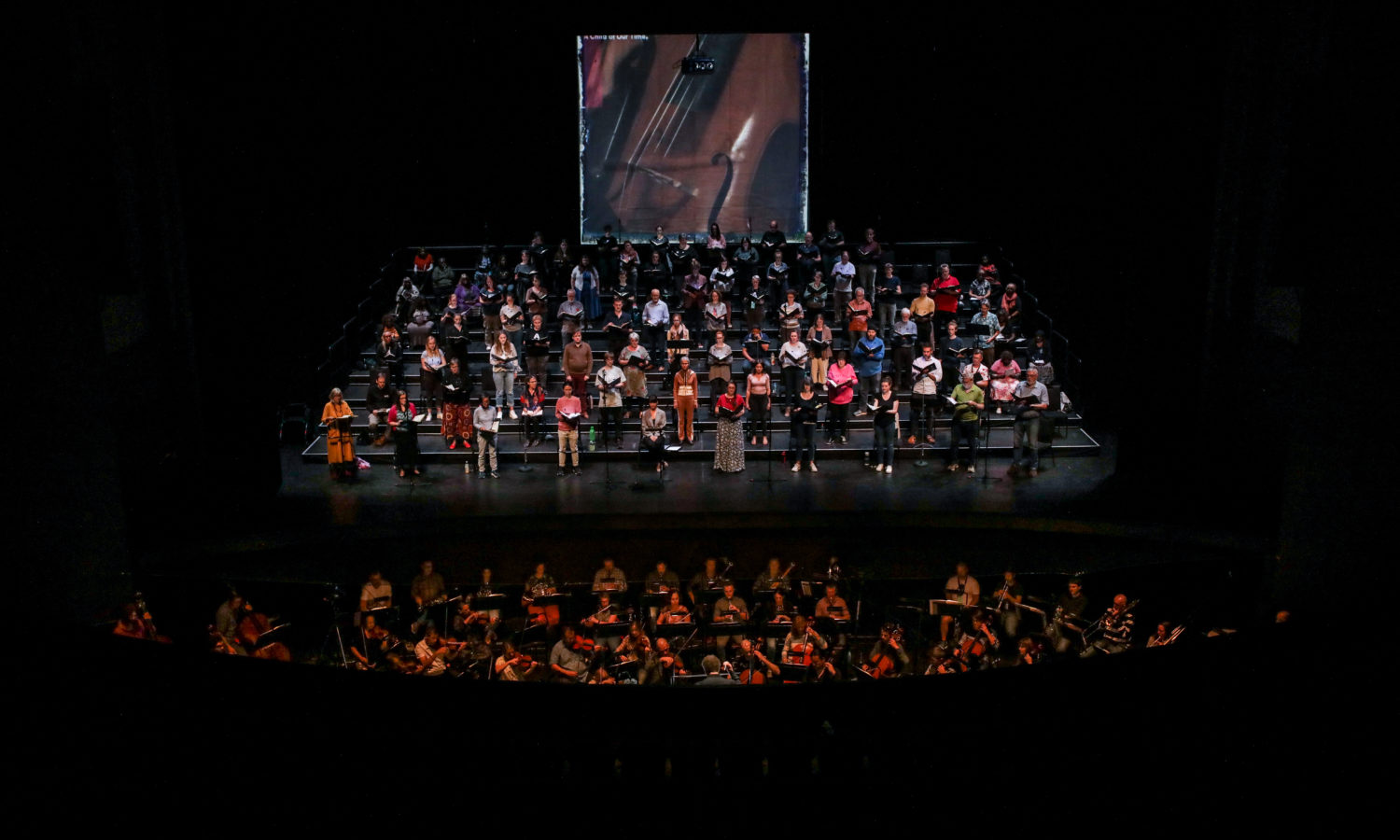As one of 20th-century music’s great anti-war statements, is the message of peace and understanding in Michael Tippett’s A Child of Our Time as relevant today as it was during World War II?
He was a teenage malcontent who sought revenge against the way Jewish refugees were being treated in Europe in the 1930s, but Herschel Grynszpan could well have been a child of our time. His protest against the Nazis’ treatment of Jewish refugees, which triggered the bloody tragedy of the “Crystal Night” pogrom of November 1938, continues to reverberate around the globe for those who are persecuted for their race, colour, religion or politics.
Looking to make his own anti-war statement, Michael Tippett took up Grynszpan’s story in 1942 and created a mighty secular oratorio modelled on the choral works of Bach and Handel. In it, he wanted to issue a plea for peace and understanding at a time when the world, in the throes of war, was only just realising the scale of Nazi atrocities being committed against the Jews.
He called his new work A Child of Our Time in direct reference to Grynszpan, who shot a German diplomat in Paris while his Polish family were stranded in Germany and carried a postcard in his pocket reading “May God forgive me … I must protest so that the whole world hears my protest, and that I will do”. The title itself, though, is actually borrowed from a book by the anti-fascist writer Ödön von Horváth, Ein Kind unserer Zeit (1938), which tells of soldier’s struggles in a dictatorship between two wars.
So there is a lot to carry in one’s head when approaching this work. The immediate question for the present-day listener, though, is how Tippett’s great wartime oratorio might still hold power and significance these 79 years later, in a world that as we know is beset by conflicts, suffering and injustices of multiple kinds.
As this giant score slowly took shape, and the atmosphere inside the Festival Theatre fell into an awed silence, the answers became obvious. While using fairly conservative musical materials, A Child of Our Time gathers up a strong collective voice that seems to speak across the decades to all humanity.

